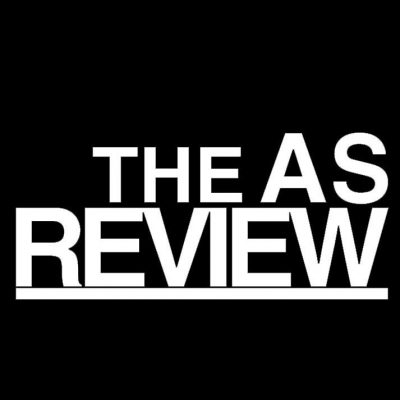By Hailey Murphy
As a result of a legislative change that decreased the Student & Activities fee and the rising minimum wage, student life across campus, including within the Associated Students, is experiencing a budget deficit.
The S&A fee, which full-time students pay each quarter, covers costs across student life, including the rec center, student athletics and housing. It also covers operations within the AS, from programming and services to student wages. The fee gets adjusted every spring by the S&A fee committee.
Once the committee creates a budget for the following year, it’s sent to the Board of Trustees for approval. Last year, in anticipation that the minimum wage would increase fifty cents, the S&A committee proposed a 3.9 percent fee increase, as outlined in the budget plan the Board of Trustees approved.
“[The fee] can’t stay the same, because the minimum wage is increasing every year, and we know that it’s increasing every year,” said Alexander LaVallee, ASVP for Business and Operations. “Just for the AS, if 80 percent of our budget goes towards personnel, like paying people’s wages, and that’s going up, a cost that’s 80 percent of our budget is going to be growing almost exponentially… It’s a huge amount of money.”
However, despite this budget being approved, the 3.9 percent increase didn’t happen. Instead, the legislators in Olympia voted to couple S&A fees with tuition, meaning that S&A fees couldn’t increase by a percentage greater than the percentage of tuition increase.
“The reason we haven’t been able to raise [the fee] is because the increase of S&A fees is currently coupled to tuition, so what that means is that– last session they passed a 2 percent increase for this year and a 2.2 percent … [thus] the S&A fee can only be increased 2 percent and 2.2 percent,” said Rosa Rice-Pelepko, AS Legislative Liaison.
This small of an increase hadn’t been anticipated by the S&A committee, so their budget didn’t reflect the actual income brought in by the fee. According to LaVallee, the income actually brought in was about $172,000 short of the budget, and as a result, the AS had to take money from reserves.
“All the sudden we’re told, we need to have $200,000 to go [to minimum wage], and this thing you were paying for– either reduce it completely so you can fund the minimum wage, or, what we’ve elected to do, is keep all the programs and things that we have and use some of our reserves and leftover money from the end of last year,” LaVallee said.
According to a February 2017 report on Senate Bill 5592, the last time tuition and student fees were coupled was in the 2011-2013 biennium. Legislators voted to decouple the student fees in 2013, then again in 2015. There will be another vote in 2019 to determine if fees and tuition should remain coupled or not.
“I think the goal [of coupling] was just to decrease student fees but also it was like, why is this happening? Student bodies should be able to manage their own money and tax their students with the consent of the elected leaders,” said Rice-Pelepko.
That being said, there are two bills in the legislature– House Bill 1433 and Senate Bill 5592– that could decouple tuition and student fees by fall 2018. They are both in committee and have received bipartisan support, according to Rice-Pelepko.
Yet, even if these bills pass, there’s still one potential obstacle: each bill has a four percent cap on fee increases.
“The only problem with [the bills] is that both of them are still requiring four percent to be the maximum, which for us– it’s hard to say whether that’d be enough,” said Jose Rios-Sanchez, AS Business Director.
“Western also tends to employ more students than some of the equal sized other schools in Washington. So a lot of them, when they heard that there was legislation that would allow a four percent increase, they were perfectly okay with that… but at Western when the minimum wage goes up, and that’s the largest part of our budget, we can’t control that. So I think in the long run there could be implications.”
With these bills on the table, it’s hard to determine the future of the S&A fee. Fees and tuition may be decoupled, in which case the budget could get back on track next year, or the four percent cap could prevent the proper increase needed to account for minimum wage. Or the bills won’t pass, in which case the matter will be addressed again in 2019.
“The future is uncertain,” said Rios-Sanchez. “We [at AS] prioritize positions, we prioritize programming, so if we had to make reductions we would try to do so in a way that would still not negatively impact those involved with this.”
Updated 11/27/18: Fixed formatting and issues caused by posting an early draft.

